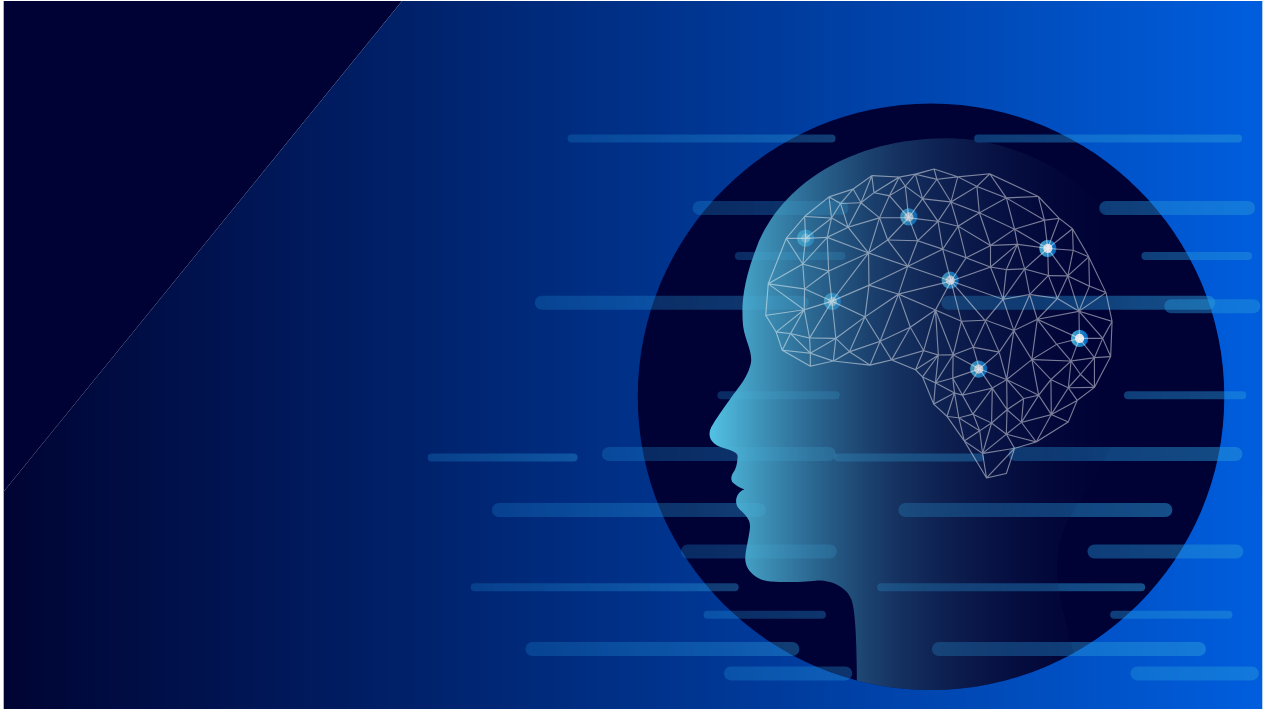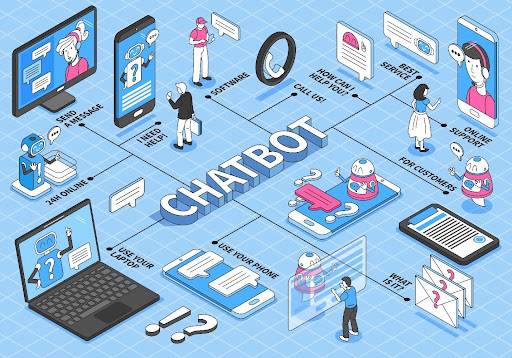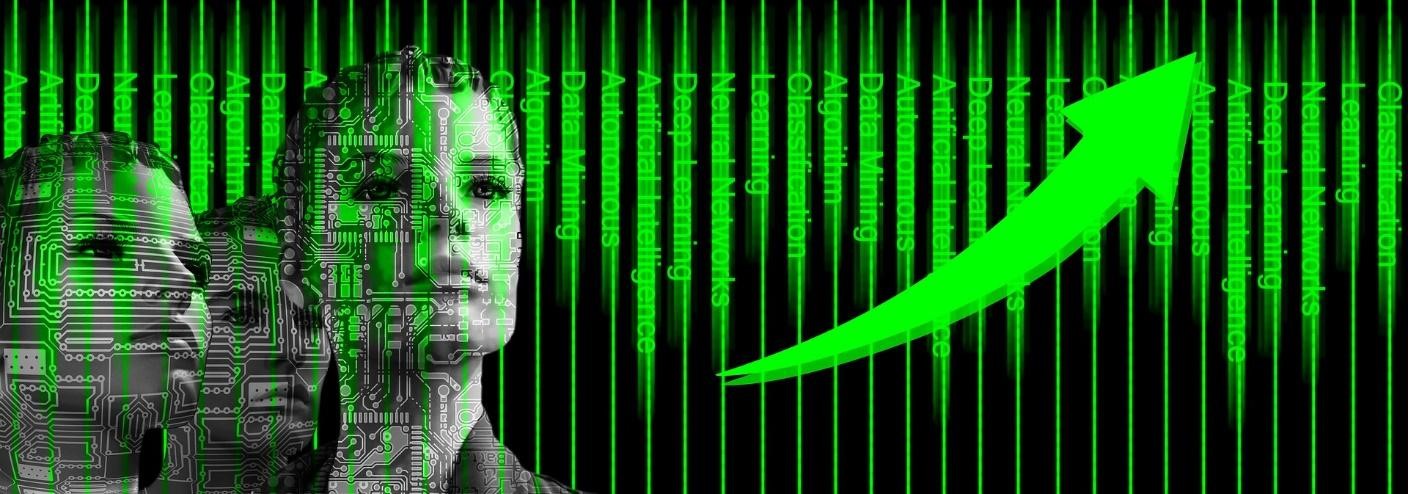Many businesses are significantly impacted by artificial intelligence (AI) or computer-generated intelligence. AI applications in healthcare have the ability to change patients’ lives by improving diagnosis and treatment and supporting patients and the healthcare provider in making quick informed medical decisions. The total value of the products and services offered in the worldwide healthcare market for AI was estimated to be $2.4 billion in 2019 and $31.02 billion in 2025.
AI in Healthcare ultimately aims to enhance patient outcomes by modernizing therapeutic approaches. AI technology can assist researchers in making discoveries by evaluating detailed medical data and producing conclusions without direct human input.
Applications of AI in healthcare have already had a significant positive impact, and they may change the game in the future. We’ve identified four key ways AI is changing the healthcare sector below.
AI Is Transforming Healthcare in 4 Ways
This game-changing technology has the power to promote patient engagement and adherence, advance treatment alternatives, and improve administrative and operational efficiency.
1. Enhanced Diagnostics
By evaluating symptoms, recommending individualized therapies, and assessing risk, AI technology can assist healthcare practitioners in diagnosing patients. Also, it can spot unusual outcomes.
Symptom analysis, personalized treatment recommendations, and risk assessment
Many healthcare organizations and healthcare practitioners are already using intelligent symptom checkers. This machine learning system can determine the best action for getting medical attention by asking people questions about their symptoms.
By synthesizing data and making conclusions, AI technology can also advance precision medicine—Healthcare catering to the individual—by enabling more knowledgeable and individualized therapy. Deep learning algorithms can examine enormous volumes of data, including details about a patient’s genetic makeup, further molecular/cellular analyses, and lifestyle factors—and discover pertinent studies that might assist physicians in making treatment decisions.
Finding Disease
For clinicians, imaging technologies can speed up the diagnosis procedure. Enlitic, a business established in San Francisco, creates deep-learning medical tools to enhance radiological diagnostics by studying medical data.
Smartphones and other portable gadgets could develop into effective diagnostic instruments that help the fields of dermatology and ophthalmology. To distinguish between benign and malignant skin lesions, medical AI in dermatology focuses on image analysis and classification. Telehealth might become more versatile if picture collection and sharing were done on cell phones.
The medical device startup Remidio has developed a smartphone-based fundus camera, a low-power microscope with an integrated camera, that can identify diabetic retinopathy.
2. Improving Healthcare
Medical AI is becoming a valuable tool for patient care. Patients who have lost their capacity to talk and move might benefit from brain-computer interfaces. Also, this technology may improve the quality of life for people who have ALS, strokes, or spinal cord injuries.
Machine learning algorithms can potentially enhance immunotherapy use, to which 20% of patients now react. Developing new technologies may open possibilities for tailoring medicines to each patient’s genetic profile. Using machine learning and AI, companies like BioXcel Therapeutics are trying to find new ways to treat diseases.
AI has the potential to hasten the development of new drugs. Researchers’ understanding of which chemicals should be further investigated is aided by AI systems that facilitate data-driven decision-making.
3. Improving Compliance and Patient Engagement
Smartwatches and other customized and wearable medical gadgets can assist patients and physicians in keeping track of their health. They can also progress in studying population health variables by collecting and analyzing data about each person.
These tools can encourage patients to follow treatment suggestions. Results may vary depending on how well patients follow their treatment programs. The treatment plan may not work if people are disobedient and don’t change their habits or take their medications as directed.
The ability of AI to customize care may encourage patients to be more involved in their care. Patients may get notifications or information designed to elicit a response from AI technologies. Businesses like Livongo try to give customers “health nudges” by sending them alerts that encourage them to do things that are good for their physical and mental health.
AI can be used to create a more comfortable and comprehensive online portal for patients that is accessible from mobile devices. With self-service, providers can save money, and customers can quickly get the care they need.
4. Ensuring the Support of Administrative and Operational Processes
AI can improve the operational and administrative flow of the healthcare system by automating some tasks. One of the main reasons physicians lose productivity is the time they spend taking notes and examining patient information in electronic health records, which takes up 34% to 55% of their time. Clinical documentation technologies that are based on natural language processing can help doctors spend less time on paperwork so they can spend more time giving high-quality care.
By automating some tasks, AI can improve the way the healthcare system works and how it runs. claims as being erroneous or fraudulent, the present claim evaluation procedure takes a long time. Instead of taking days or months to find problems, natural language processing methods can assist insurers.









